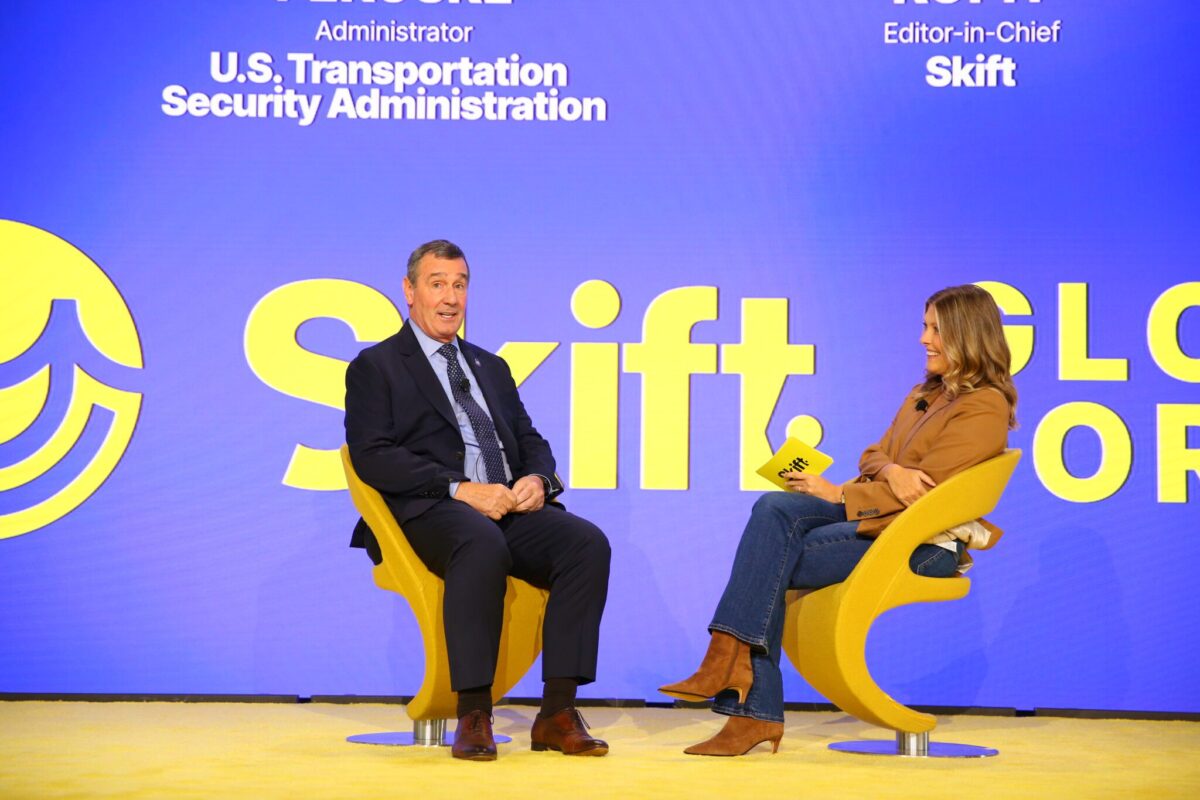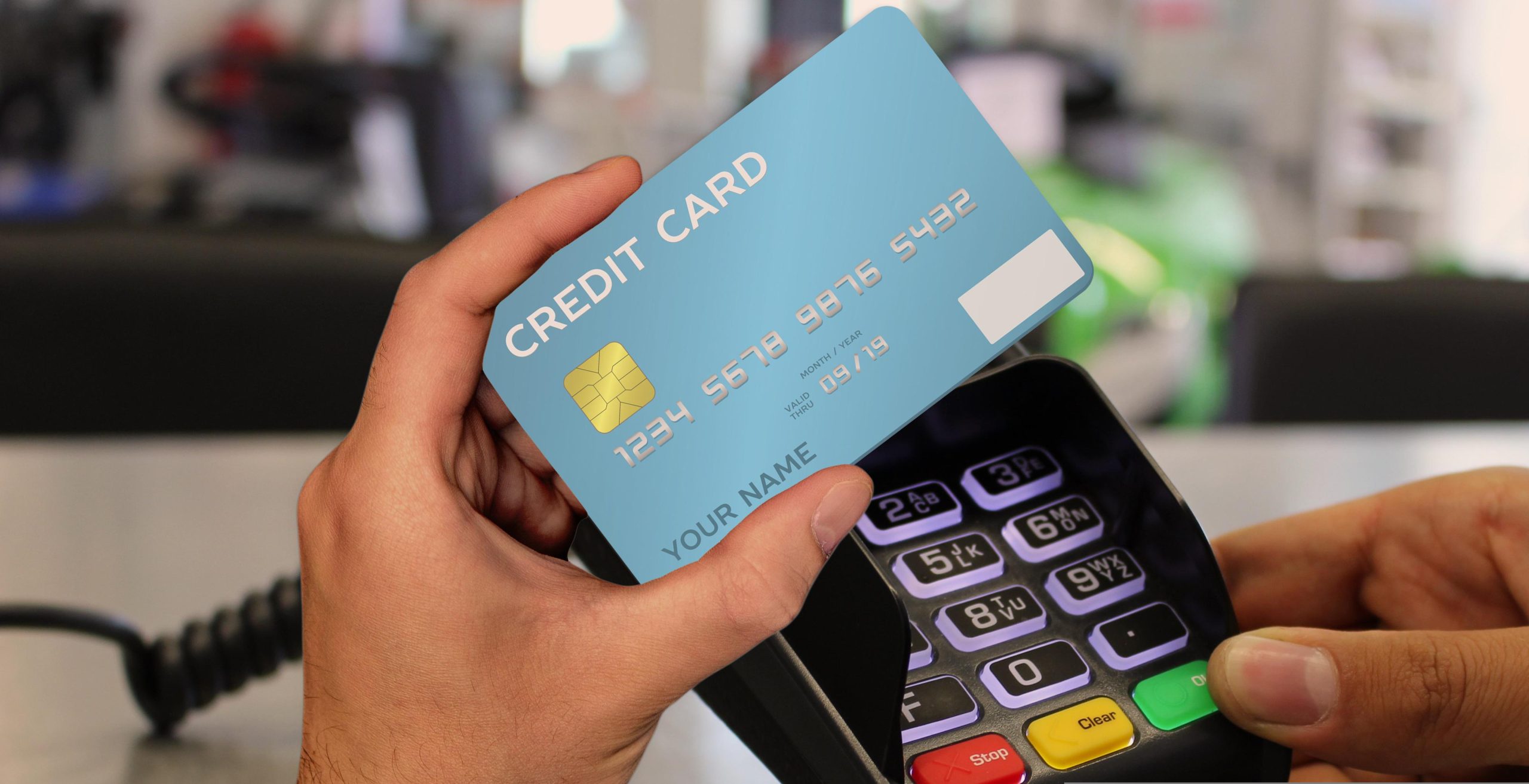Travel
TSA to Start ‘One Stop Security’ for Some International Airports as Soon as 2025

Skift Take
TSA Administrator David Pekoske said at the Skift Global Forum Wednesday he was “100% confident” that at least one airport would be under the program in 2025.
The Transportation Security Administration plans to roll out a program that won’t require an additional security screening for travelers flying from certain destinations back to the U.S., TSA administrator David Pekoske said at the Skift Global Forum on Wednesday.
The program, called “One Stop Security,” could come out as early as 2025. Pekoske gave the example of someone flying from Madrid to New York’s JFK, with a final destination of Detroit. That person won’t be required to go through another security screening during their JFK connection.
Pekoske said he was “100% confident” the TSA would have at least one destination with this program in 2025.
“But as long as we achieve comparable security outcomes, that is what we’ve been working towards, and I’m 100% confident that we’ll have at least one in 2025, but maybe two,” he said.
Baggage also wouldn’t need to be rescreened upon arrival to the U.S.
“What that means is that flights in and out of the United States are more secure, it means that passengers get a better security experience,” Pekoske said.
Congress passed a bill authorizing the pilot program in 2021, giving the TSA the authority to establish agreements with up to six international airports.
TSA Tries to Streamline Security Screenings
Pekoske said the program is part of a wider initiative.
For example, the TSA has been expanding its use of facial recognition at airports across the country to streamline the screening process.
The practice of facial recognition has drawn some scrutiny from Congress. In May, several U.S. Senators pushed to restrict the TSA’s use of facial recognition, arguing that such technology poses “threats to our privacy and civil liberties.”
Pekoske said the agency has prioritized privacy in rolling out facial recognition, adding that it does not store passenger data and that travelers have the ability to opt out of the technology.
The agency also started CT technology at several airports, so travelers don’t have to take out items like electronics, aerosols and gels during security screenings.










